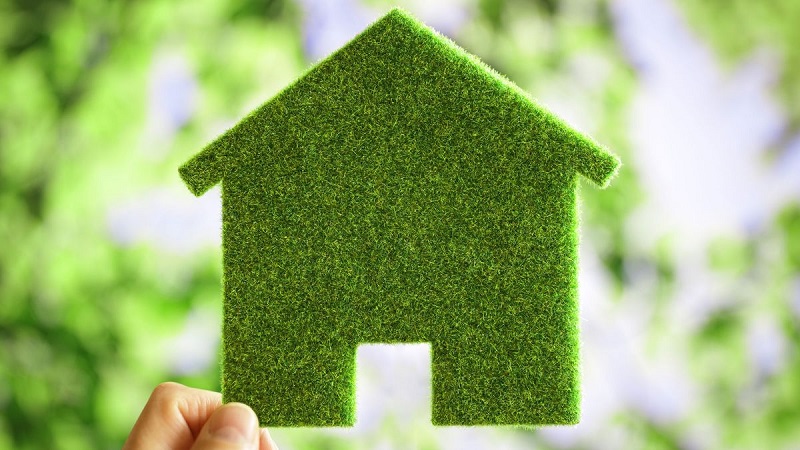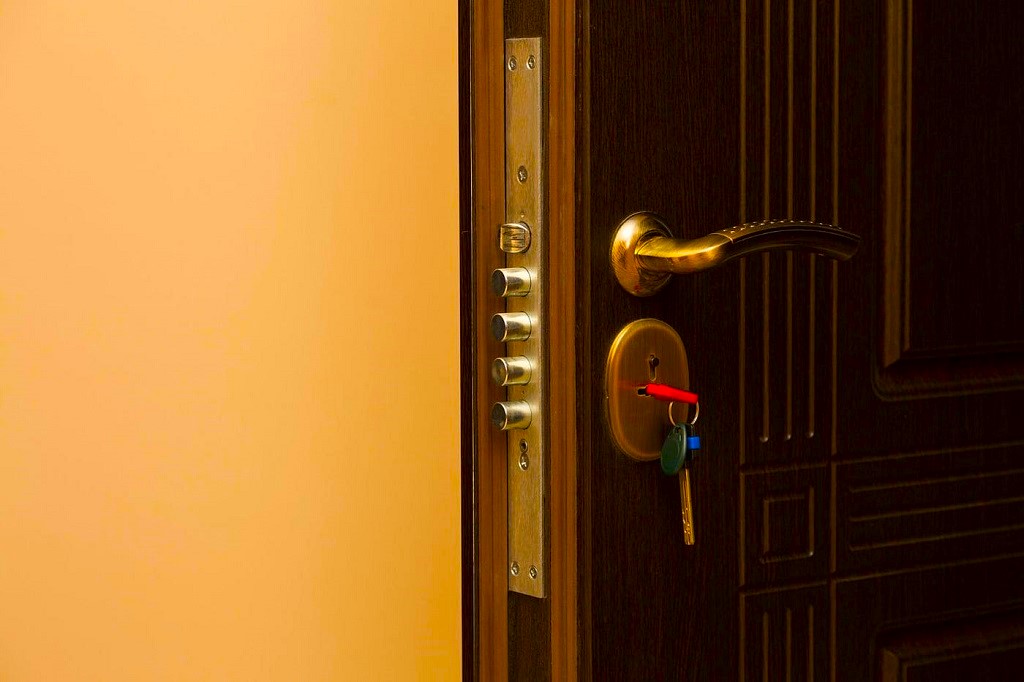Are you tired of constantly paying high energy bills and contributing to environmental pollution? Well, you’re not alone. With the increasing concern for climate change and rising energy costs, people are now more interested in finding eco-friendly alternatives for heating their homes.
In this article, we will discuss the most eco-friendly heating system available in the market and how it can benefit you and the environment.
Understanding Eco-Friendly Heating Systems
Before we dive into the specifics, let’s first understand what eco-friendly heating systems are. These systems use renewable energy sources to generate heat instead of relying on fossil fuels. This means they have a much lower impact on the environment and consume less energy compared to traditional heating methods.
Eco-friendly heating systems can come in various forms, including solar panels, geothermal heat pumps, biomass boilers, and heat recovery ventilation systems. These systems can be used for both residential and commercial buildings and are becoming increasingly popular due to their numerous benefits.
The Most Eco-Friendly Heating System: Geothermal Heat Pumps
Out of all the eco-friendly heating systems, geothermal heat pumps are considered the most environmentally friendly and cost-effective option. They work by utilizing the stable temperature of the earth’s surface to provide heating and cooling for your home.
Geothermal heat pumps utilize a series of pipes buried underground that extract heat from the ground during winter and transfer it into your home. During summer, this process is reversed, with the system extracting heat from your home and transferring it back into the ground.
The best part about geothermal heat pumps is that they can save up to 50% on heating and cooling costs compared to traditional systems. They also have a lifespan of around 25 years, making them a long-term investment for homeowners.
Benefits of Geothermal Heat Pumps
Environmentally Friendly
Geothermal heat pumps are powered by electricity, which can be generated through renewable sources such as solar or wind energy. This means they have minimal impact on the environment and reduce greenhouse gas emissions.
Additionally, since geothermal heat pumps don’t rely on fossil fuels like oil or gas, they also help in reducing our dependence on these non-renewable resources.
Cost-Effective
One of the main reasons for the growing popularity of geothermal heat pumps is their cost-effectiveness. While they may have a higher upfront cost compared to traditional heating systems, they can save you a significant amount on energy bills in the long run.
Moreover, since these systems have very few moving parts and are installed underground, they require minimal maintenance, further reducing your overall costs.
Versatile
Geothermal heat pumps not only provide heating and cooling but can also be used for domestic hot water supply. This makes them a versatile option for homeowners, as they can cater to multiple needs with just one system.
Consistent Temperature
Unlike traditional heating systems that rely on outside air temperature, geothermal heat pumps maintain a consistent temperature throughout the year. This means you don’t have to constantly adjust the thermostat or worry about sudden temperature changes.
Long Lifespan
As mentioned earlier, geothermal heat pumps have a lifespan of around 25 years. This is almost twice the lifespan of traditional heating systems, making them a durable and long-term investment for homeowners.
Other Eco-Friendly Heating Systems
While geothermal heat pumps are considered the most environmentally friendly option, there are other eco-friendly heating systems available in the market as well. Let’s take a quick look at some of them.
Solar Panels
Solar panels use energy from the sun to generate electricity and heat for your home. They have a relatively low upfront cost and can significantly reduce your dependence on traditional energy sources.
However, solar panels are only effective in areas that receive a good amount of sunlight, and they may not be able to provide enough heat during winter months.
Biomass Boilers
Biomass boilers use wood pellets, chips, or logs as fuel to generate heat. These fuels are considered renewable since they come from trees and can be replanted.
While biomass boilers have a similar upfront cost to traditional boilers, they can save you money in the long run due to their lower fuel costs. However, they do require regular maintenance and may produce some emissions.
Heat Recovery Ventilation Systems
Heat recovery ventilation systems work by extracting heat from stale air and using it to warm up fresh incoming air. This reduces the amount of energy needed for heating your home and also improves indoor air quality.
While these systems are more commonly used in new constructions, they can also be retrofitted into existing homes. However, they do require professional installation and maintenance.
FAQs
Are eco-friendly heating systems expensive?
Eco-friendly heating systems may have a higher upfront cost compared to traditional systems, but they can save you money on energy bills in the long run. Moreover, they may also qualify for tax credits or incentives, making them a more affordable option.
Can eco-friendly heating systems be used in both residential and commercial buildings?
Yes, most eco-friendly heating systems can be used in both residential and commercial buildings. However, the size and installation process may differ for larger commercial spaces.
Do I need to make any changes to my home to install an eco-friendly heating system?
It depends on the type of heating system you choose. For example, geothermal heat pumps require underground installation, while solar panels may need roof space. It’s best to consult a professional to determine if any modifications are needed.
Do eco-friendly heating systems require regular maintenance?
Some eco-friendly heating systems, like geothermal heat pumps and biomass boilers, require minimal maintenance. However, others may need regular checkups and filter replacements. It’s important to follow the manufacturer’s instructions for proper maintenance.
Can I use multiple eco-friendly heating systems in my home?
Yes, you can mix and match different eco-friendly heating systems to cater to your specific needs. For example, you can use a geothermal heat pump for heating and cooling and a solar panel system for generating electricity. It’s best to consult with a professional to determine the most suitable combination for your home.
Conclusion
Eco-friendly heating systems, such as geothermal heat pumps, offer numerous benefits for both the environment and homeowners. They are cost-effective, versatile, and have a long lifespan making them a sustainable option for heating and cooling homes. Other eco-friendly options like solar panels and biomass boilers also provide environmentally friendly alternatives to traditional heating systems. With advancements in technology, these systems are becoming more affordable and accessible, making it easier for homeowners to make the switch. By choosing an eco-friendly heating system, you not only reduce your carbon footprint but also save money in the long run. So why not make the switch today?





